
A novel regulator of stomatal immunity in tomato
Blog, Plant Physiology, Plant Physiology: News and ViewsBy Marcelo Lattarulo Campos
Integrative Plant Research Laboratory, Departamento de Botânica e Ecologia, Instituto de Biociências, Universidade Federal de Mato Grosso, Cuiabá/MT, Brazil.
ORCID ID: 0000-0001-6235-5120
[email protected]
The ability of a pathogen to successfully…

Ripened by Redox: Sulfoxidation of NOR Regulates Tomato Ripening
Blog, Plant Physiology, Plant Physiology: News and Views, ResearchMichael J. Skelly
University of Edinburgh
Edinburgh,
United Kingdom
[email protected]
Fruit ripening is a process unique to plants that makes their fruit more appealing to seed-dispersing animals. Ripening involves a combination of physiological and metabolic reprogramming events that lead to…
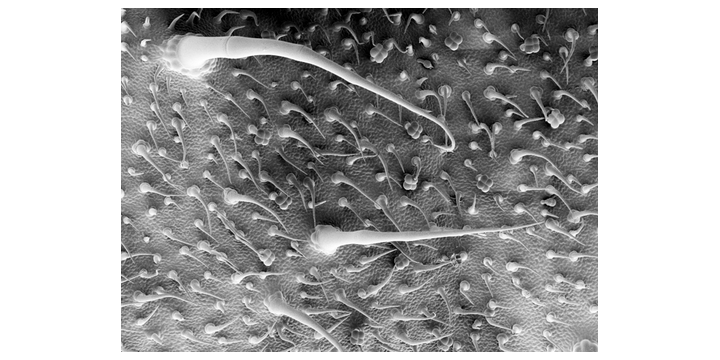
Tools to unravel the mystery of why some tomatoes are hairier than others
Research, The Plant Cell, The Plant Cell: In a NutshellGaldon-Armero et al. present an image resource that can be used to identify natural variation in leaf epidermal development in tomato. The Plant Cell (2020). https://doi.org/10.1105/tpc.20.00127
By Javier Galdon-Armero and Cathie Martin, John Innes Centre, Norwich, UK
Background: Just like our…
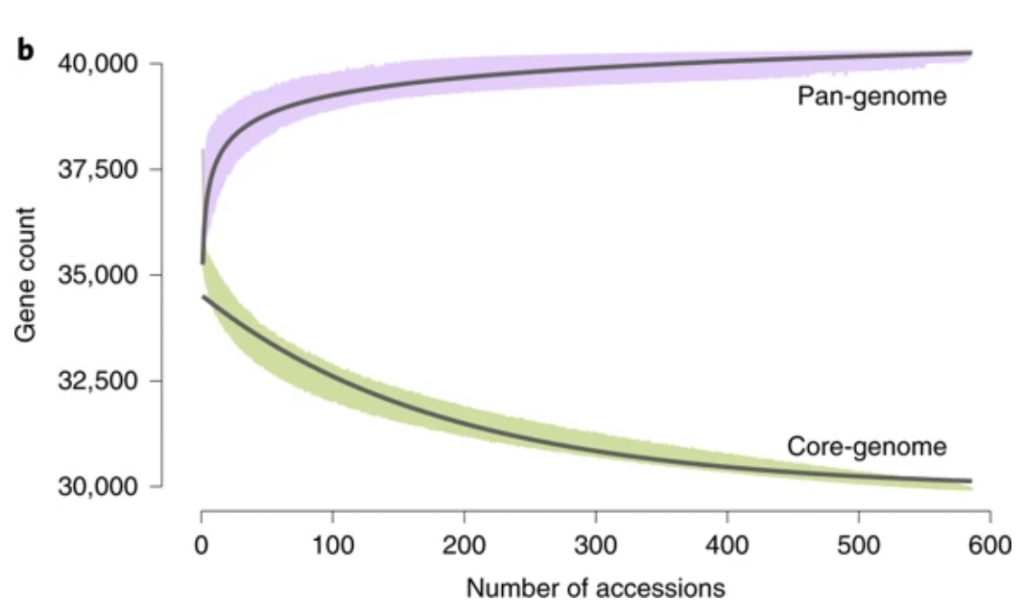
The tomato pan-genome uncovers new genes and a rare allele regulating fruit flavor (Nature Gen.)
Plant Science Research WeeklyThe wide variety of shape and flavor in modern cultivated tomatoes is a result of introgressions from its wild relatives. While many genetic studies were successful in the identification of wild alleles that affect tomato aroma, no tools were available to study structural variants affecting the taste,…
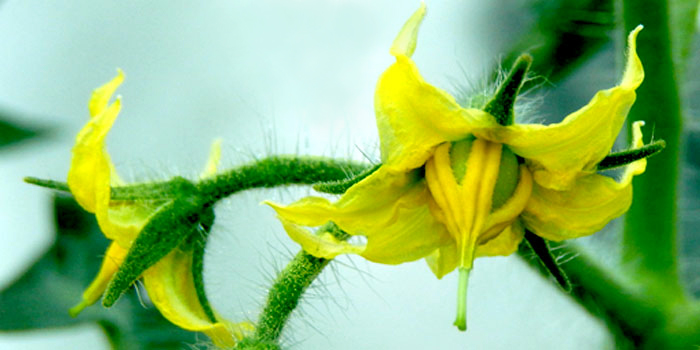
MYB21 in Tomato: No Seeds Without Me
Research, The Plant Cell, The Plant Cell: In a Nutshellhttps://doi.org/10.1105/tpc.18.00978
Schubert et al. identified a transcription factor that regulates ovule development in tomato.
By Ramona Schubert and Bettina Hause
Leibniz Institute of Plant Biochemistry, D06120 Halle/Salle, Germany
Background: The survival of most plant species depends…
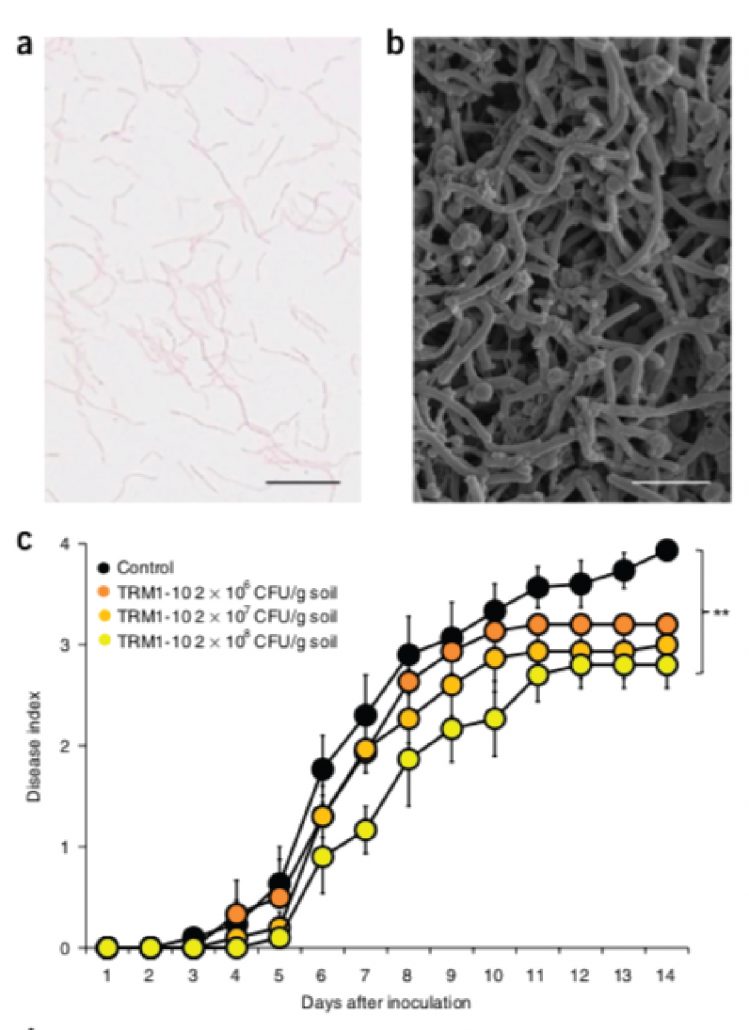
Rhizosphere microbiota structure alters to enable wilt resistance in tomato (Nature Biotech. - $)
Plant Science Research WeeklyPlants are frequently attacked by pathogens, but the pathogen-resistance is often attributed to the host. While interactions between the plant and its microbiota are recognized for their role in plant growth, their role in pathogen resistance is unknown. Kwak et al. studied the effect of soil-borne pathogen Ralstonia…
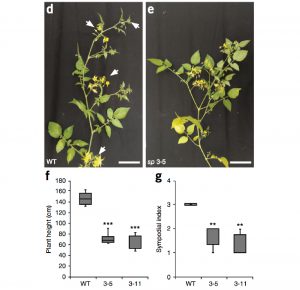
De novo domestication of wild tomato using genome editing (Nature Biotech - $)
Plant Science Research WeeklyBreeding of crops typically focuses on yield increase, and is accompanied with the loss the genetic diversity, reduced nutritional value as well as susceptibility to environmental stress. As many domestication traits exhibit simple Mendelian inheritance patterns, Zsögön et al. targeted known domestication…
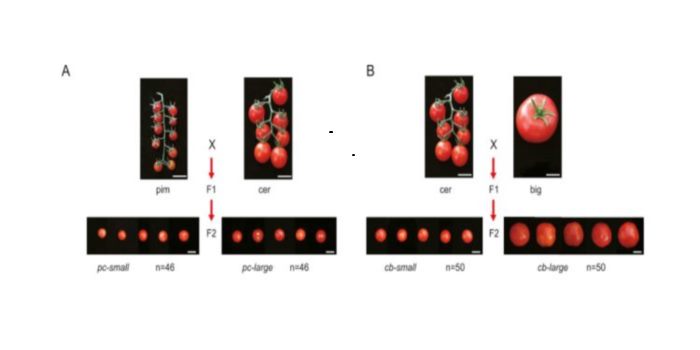
Rewiring of the fruit metabolome in tomato breeding
Blog, Plant Science Research Weekly, Research, Research BlogCell. The tomato plant has been of keen interest to mankind for centuries, and its domestication led to delicious fruits much larger than their wild, bitter-tasting ancestors. Domestication of tomato had many intended outcomes (increased fruit size, less bitter taste), and several unintended consequences.…

